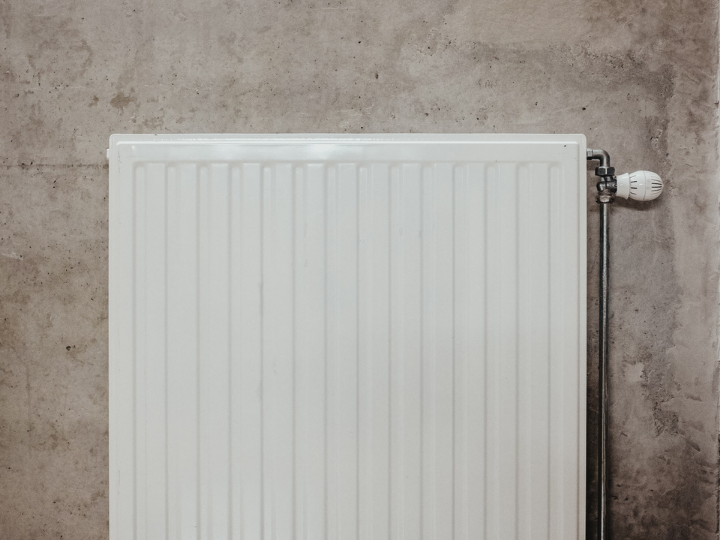by Georg Zachmann and Simone Tagliapietra*
Faced with rising energy prices, the only thing Europe can quickly do to prevent a potentially difficult winter is to actively promote energy conservation in both the residential and industrial sectors, write Simone Tagliapietra and Georg Zachmann.
Faced with spiralling energy prices, European governments are trying to shield vulnerable households and small businesses with tax cuts, price caps or rebates.
These temporary government interventions are designed to protect the most vulnerable households from the energy price spikes and ensure that the ongoing economic recovery is not derailed by the shock.
However, should the supply crisis continue to worsen or winter temperatures dip lower than usual, then the problem will not be one of consumers paying high prices but inadequacy of energy supply. If, as a consequence of a worsening imbalance, wholesale prices increase further, energy subsidies in some countries will become unsustainable for public finances.
The only way out of this dilemma is by relaxing the energy supply-demand balance. But, on the supply side, there is not much Europe can do. Possible short-term solutions such as giving in to (alleged) Russian demands to open the taps on natural gas or allowing German nuclear power plants to continue running past their 2021 phasing out, will undermine confidence in the stability of energy policy commitments – increasing cost of the massive future investments that Europe needs for its energy transition.
So, the only thing Europe can quickly do to prevent a potentially difficult winter is to actively promote energy conservation in both the residential and industrial sectors.
In the residential sector, energy conservation can be promoted with either command-and-control policies or economic incentives.
-In the first case, both public and private buildings might be required to turn down their thermostats by 1 degree during the winter to save fuel while not compromising on comfort.
-In the second case, European governments might consider giving money back to households by “paying them for saving”. That is, households could get a payout based on their 2021 energy demand vs. their 2020 energy demand.
Like all other approaches, this would not be perfect, but the essential is that the incentives are right. Saving energy pays off. The administrative burden should be manageable, as it would be sufficient to pay this “saving-bonus” in spring as typically, energy bills do not jump immediately.
But governments need to announce it now and possibly combine it with a behavioural campaign. This should highlight non-welfare-reducing methods for cutting energy consumption, such as switching off lights, closing curtains, and taking shorter hot showers.
In the industrial sector, manufacturers – and most notably energy-intensive ones – might be asked to assess their production plans for the winter and eventually consider temporary closures that would, in any case, protect margins as they cut energy expenditure and see the price of their products increase.
Governments might consider to support such demand-response by compensating some of the labour cost that companies that decide to reduce energy-intensive production incur.
If European governments subsidise energy use this winter and supply stays inelastic, EU consumers will compete with each other for limited supply, push up prices and make suppliers richer. So it is urgent to think about how to leverage demand response.
This would not only allow Europe to better navigate what promises to be a difficult winter but also seize on the crisis to introduce possibly lasting effects in terms of demand-response. Those are significant, considering the important role of such measures in lowering the investments required to reach the objectives of the European Green Deal.
*senior fellows at Bruegel, the Brussels-based economic think tank
**first published in: www.euractiv.com




 By: N. Peter Kramer
By: N. Peter Kramer
